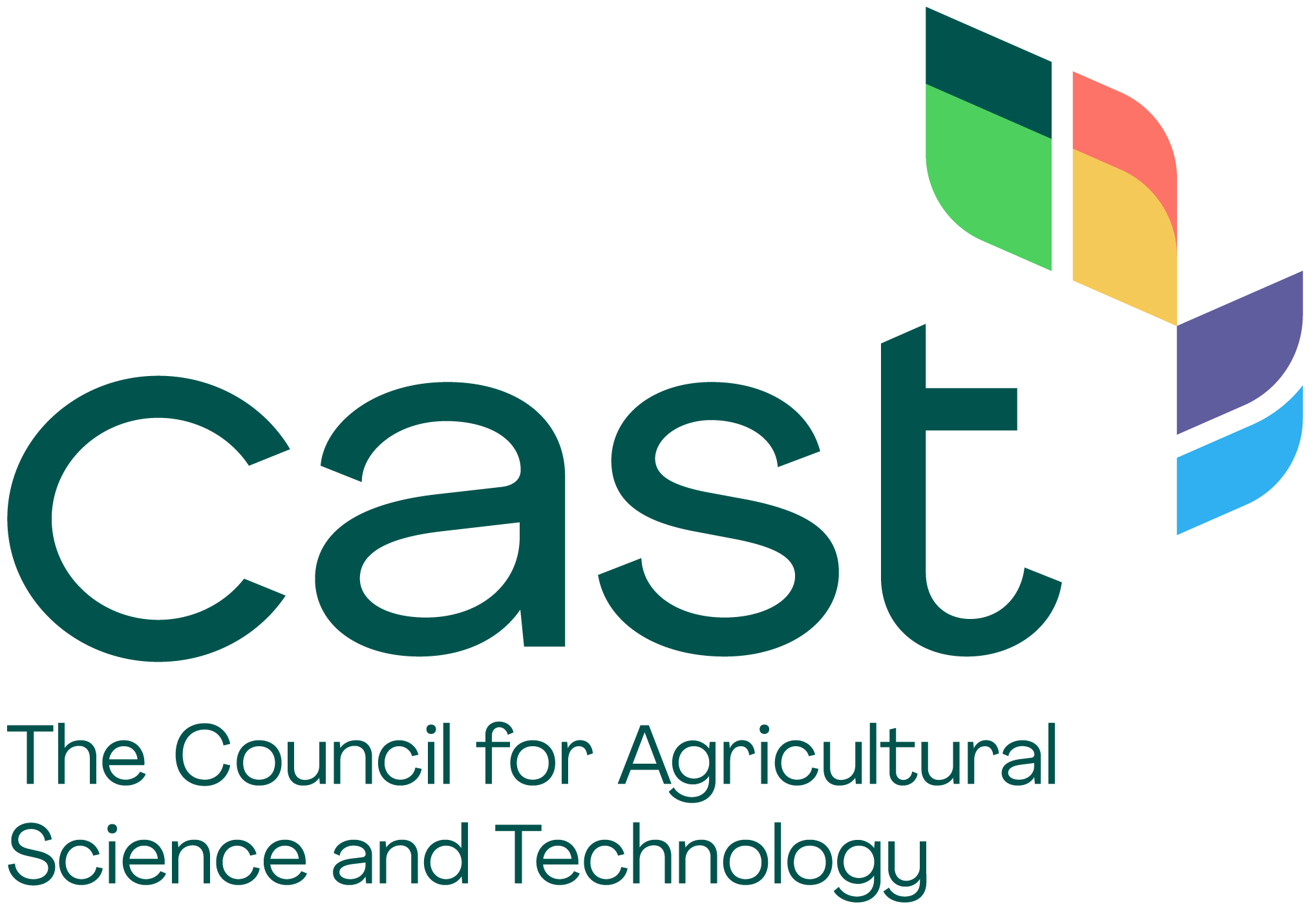This paper looks at the history and purpose of the precautionary principle (PP) and examines problems of ambiguity, arbitrary application, and bias against new technologies. Because the publication (IP 52) is especially focused on the need to feed a growing population, the case studies center on agricultural issues such as pesticide use, genetically modified foods, and food irradiation. The authors state that the PP has played an important part in bringing attention to appropriate risk management. If it is applied in its more stringent formulations, however, the PP will suppress innovation, to the detriment of both the economy and human health. Chair: Gary Marchant, Arizona State University.
IP52, June 2013, 20 pp. Available free online and in print (fee for shipping/handling).
Publication Impact Report – July 2013
Video of Panel Discussion (courtesy of GW Regulatory Studies Center): Precautionary Principle: Innovative Concept or Risky Business
Intros (0:00 – 13:00), Dr. Marchant’s presentation of paper (13:00 – 37:00), Panel Discussion (37:00 – 1:07), Q&A (1:07 – 1:30).
Panelists:
Dr. Gary Marchant, Regents’ Professor of Law, Sandra Day O’Connor College of Law, Arizona State University
Susan Dudley, Director, GW Regulatory Studies Center and Research Professor of Public Policy, The George Washington University
Dr. Ricardo Salvador, Director and Senior Scientist, Food and Environment Program, Union of Concerned Scientists
Dr. Sally Kane, President, Society for Risk Analysis–National Capital Area Chapter (Moderator)
Task Force Chair
Gary Marchant
Task Force Author(s)
Linda Abbott
Allan Felsot
Robert Griffin
Task Force Reviewers
Richard Crowder
Leen Hordijk
Andy LaVigne
Task Force Board Liaison
Thomas Redick

